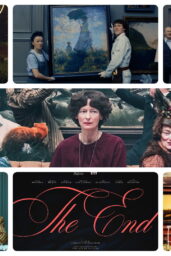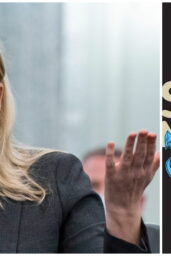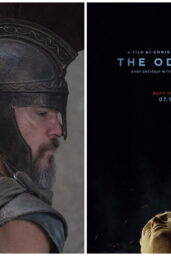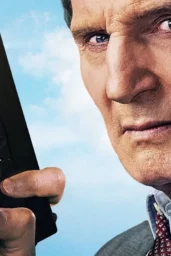Clint Eastwood's latest film, “Juror #2”, has stirred debate not for its storyline, but for how Warner Bros has handled its release. Speculation abounds, with claims that Eastwood's conservative politics may be influencing Hollywood's treatment of his work. But is this about politics or simply profits?
The recent article by Alexander Larman in The Telegraph explores this intriguing situation, suggesting that Eastwood may be facing backlash in Hollywood for his openly conservative stance, even in a traditionally liberal industry. Larman points to Eastwood's well-known political leanings, highlighting his social liberalism mixed with fiscal conservatism. Despite his long-standing history with Warner Bros, the studio's lukewarm support for “Juror #2” raises eyebrows.
After Eastwood's less successful “Cry Macho”, Warner Bros' CEO David Zaslav reportedly questioned why the film was greenlit if there were concerns about its profitability. Eventually, Warner agreed to back “Juror #2” but initially limited its release to streaming on Max, only upgrading it to a modest 35-theater release after positive trailer reception. The limited release in the U.S. brought in $275K, while France embraced the film, selling close to 400,000 tickets in its first weekend.
However, some industry experts believe Warner Bros' actions are purely business-driven. Zaslav, known for his emphasis on profitable ventures, might have hesitated due to “Cry Macho's” underperformance. The decision to limit “Juror #2”'s theatrical release could simply reflect Warner's cautious approach to investing in films with uncertain returns.
Ultimately, while Eastwood's politics are well-documented, Warner Bros' recent actions may stem more from profit calculations than political bias. “Juror #2”'s performance, especially in Europe, suggests Eastwood's fanbase is strong, but his Hollywood future may depend on navigating an industry increasingly focused on the bottom line.
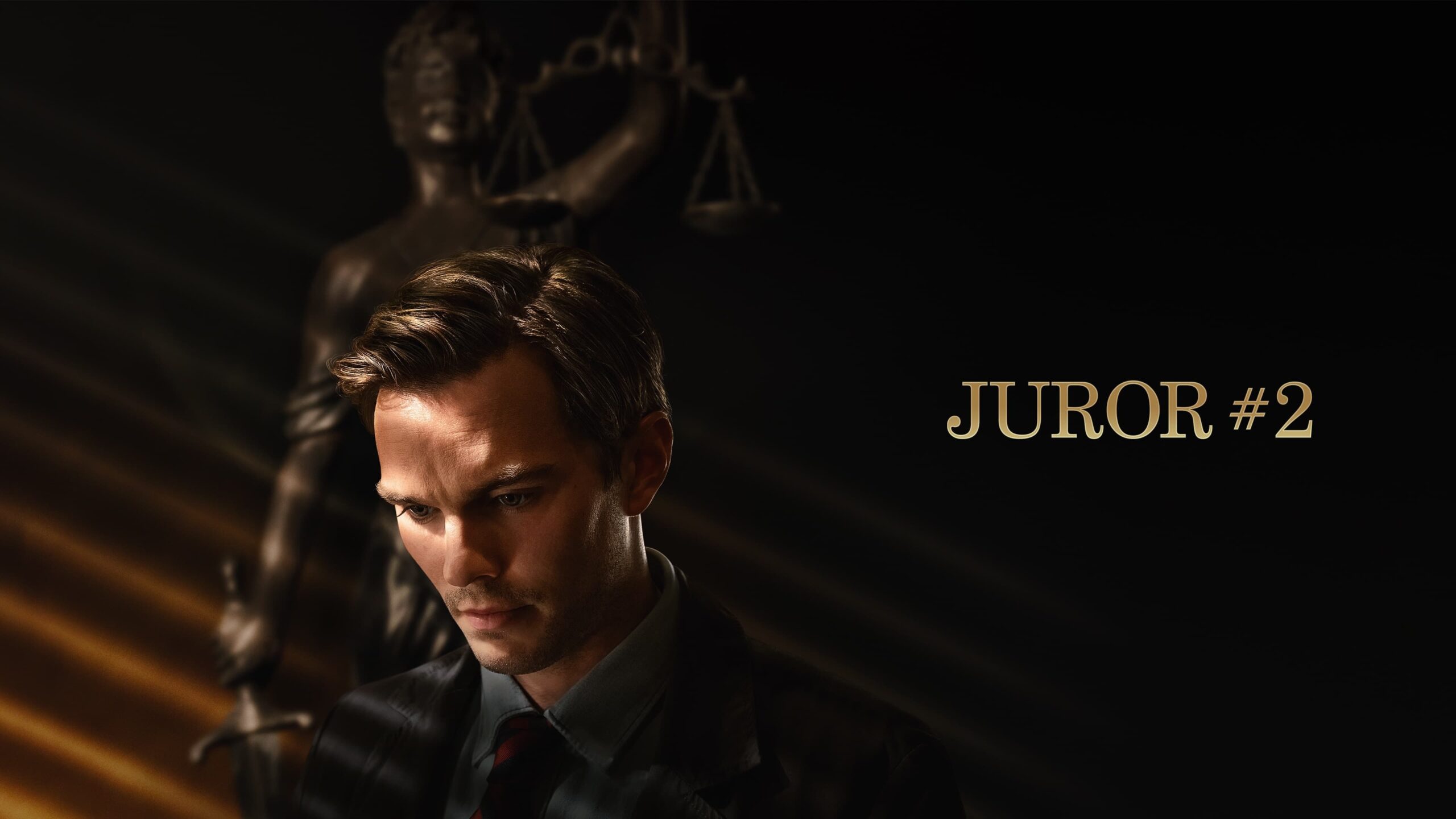
Warner Bros' handling of “Juror #2” reflects a Hollywood trend toward profit-driven decisions, sometimes at the cost of creativity. While political differences between Eastwood and the industry are notable, it seems more likely that his film's release strategy reflects Warner's response to “Cry Macho's” financial losses. For viewers, this signals a broader shift—Hollywood may prioritize potential box office success over artistic legacy.
“Do you think Hollywood's focus on profit margins over legacy impacts creative expression? How should studios balance business interests with artistic contributions?”


